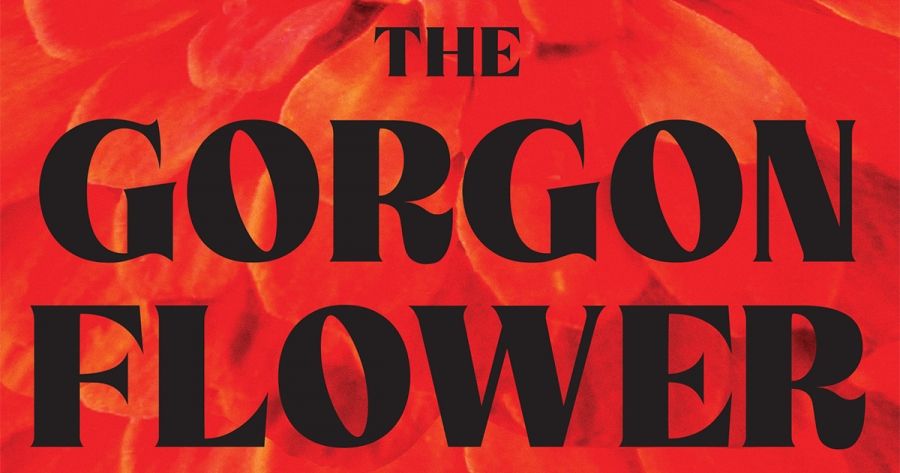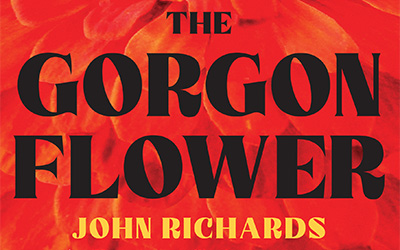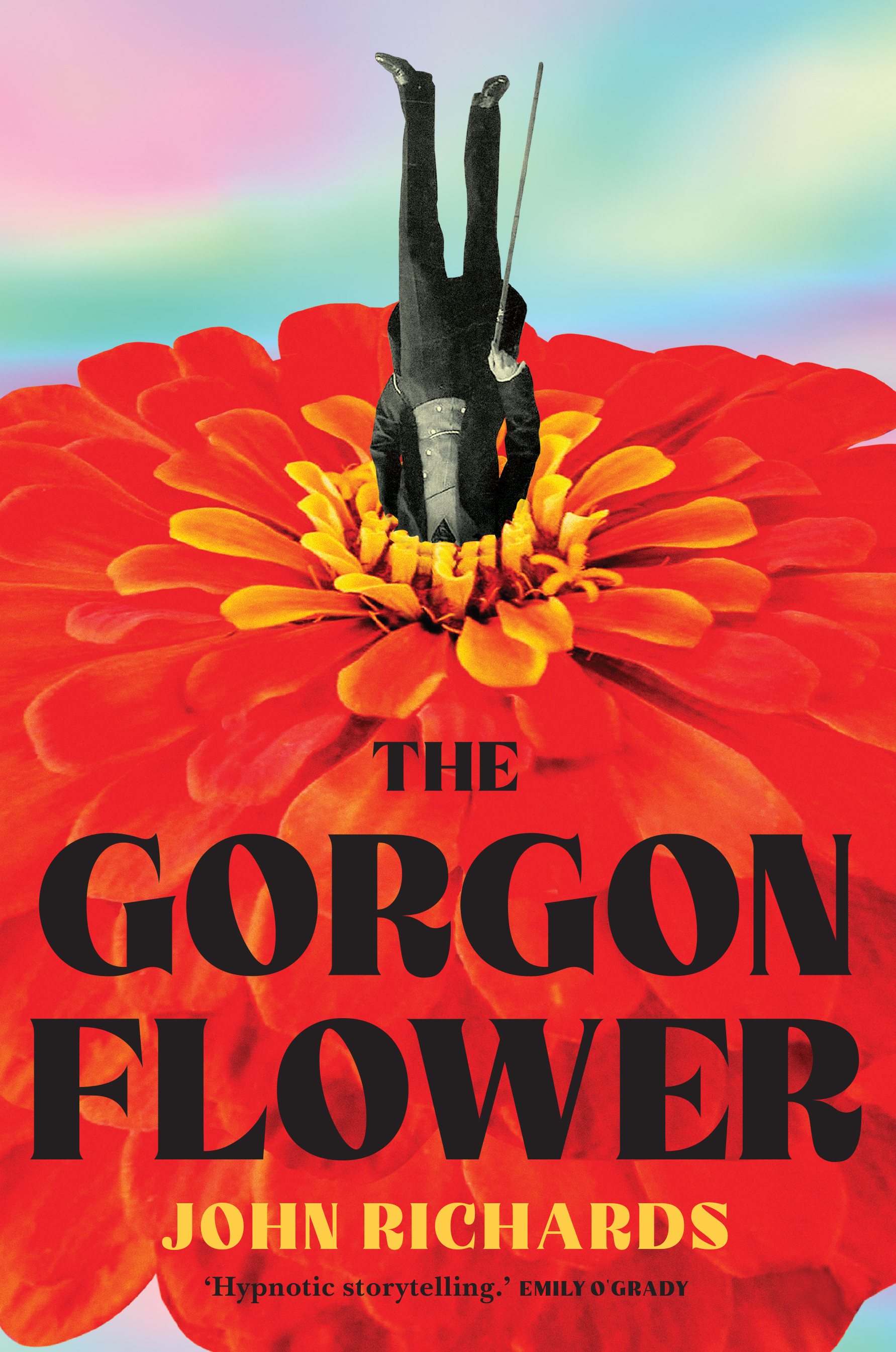
- Free Article: No
- Contents Category: Fiction
- Review Article: Yes
- Article Title: Dark flowering
- Article Subtitle: An inspired début short story collection
- Online Only: No
- Custom Highlight Text:
In Joseph Conrad’s Heart of Darkness (1899), the sailor Charles Marlow recalls captaining a river steamer in the Belgian Congo, a venture that becomes a search for the colonial agent Kurtz, said to be a brilliant if infamous ivory trader, who is ill and possibly mad. Marlow’s journey, of course, becomes a passage into psychological as well as (to the European mind) geographical darkness, and offers a damning portrait of Western imperialism.
- Featured Image (400px * 250px):

- Alt Tag (Featured Image): Anthony Lynch reviews ‘The Gorgon Flower’ by John Richards
- Book 1 Title: The Gorgon Flower
- Book 1 Biblio: University of Queensland Press, $32.99 pb, 286 pp
- Book 1 Cover Small (400 x 600):

- Book 1 Cover (800 x 1200):

Tobias tells us repeatedly that he will be frank in his journal entries, a ‘faithful scribe’. But, as with Marlow in Conrad’s novella, we can discern Tobias’s unreliability as a narrator. Despite his insights, his vivid descriptions (‘we must hack our every step through the choking jungle like lice through matted hair’), and lively portraits of senior crew, he is naïve, blind to the hardships of the men hauling his extensive equipment, and his optimism is misplaced. The trek through jungle is endlessly arduous. The bodies of white missionaries materialise on the river and in the jungle, victims of a ‘flesh-attacking infection’. The indigenous population appears untouched. Tobias remains obsessively focused on his search for the flower. When he shows a sketch of the flower to the two ‘natives’ among the otherwise all-white male crew, they (wisely) flee.
Richards doesn’t engage directly with the repercussions of colonialism, but nor does he fall prey to the shortcomings of Conrad’s novella – in which, arguably, the imperialism critiqued is also upheld. Both are quest stories, but ‘The Gorgon Flower’ is ultimately an unsettling and entrancing Gothic horror, with echoes of Poe, Nathaniel Hawthorne, and Mary Shelley, wherein our narrator’s Enlightenment adherence to rationality, science, and the ‘moral order’ is challenged and violently laid waste.
Occupying more than a third of the book, the title story is really a novella, but the six stories flanking it deal similarly with disruptions of the rational. The opening story, ‘A Fall from Grace’, shortlisted in the 2021 ABR Elizabeth Jolley Short Story Prize, sees the life of a gifted artist in early eighteenth-century France cut short after he falls from a horse. However, works deemed to be unequivocally from the artist’s hand, albeit with disturbing Bosch-like imagery, continue appearing. Did the artist, never seen again in person, really die? Richards’s omniscient narrator feeds us clues that charm with their faux art-historical research. The result is an intriguing story comparable to the fabulist works of Italo Calvino.
‘Jacksi Packsi’ recalls a child’s attachment to her brilliant grandmother, a mathematician of international standing who finds the mathematical basis for alternative universes, and possibly a means of entering them. But unlike the self-absorbed hero of the title story, the narrator’s gifted Nana is a loving carer, fondly recalled. Meanwhile her residence is watched over by a mysterious man, or series of men, dubbed ‘the Man Who Watched’. Part sci-fi and part noir thriller (if not quite ‘tech noir’), it is an absorbing and tender story.
Many stories, like the above, involve a highly intelligent central character whose knowledge and expertise are shared with only a select few. In ‘Emanation’, a ‘thought-clotted physician’ in 1892 grapples with the mystery of a deceased man whose cadaver fails to decay. Not wishing to cause alarm, he and his immediate colleagues keep this ‘new and startling knowledge’ to themselves. Set in a small village in the Italian Alps in 1266, ‘The Wolf-boy of Ruggianto’ provides a darkly comic portrayal of religious superstition while preserving elements of the fantastical. Can a lone outsider save a boy accused of being a werewolf?
Richards’s collection roves widely in geographical settings, and most stories are set in the past. Two, however, are set in the future. Both involve technology-enabled interventions into violent or anti-social conduct. Indeed, the first of these is titled ‘The Intervention’. Despite our growing awareness of AI, virtual reality, and online and street-level surveillance, authors writing dystopian futures still must fill knowledge gaps for readers of their yet-to-be worlds. Richards mostly does this skilfully, but ‘The Intervention’ produces rare instances of clunky explanatory dialogue (‘the manner of our intervention is of course limited by what the team Intervention Master can fashion from the circumstances in which we intervene’). That said, both this story and, in particular, ‘The Malumbra’, which closes the collection and impressively fuses crime fiction, speculative fiction, and ghost story, create lucid worlds and characters whose unfamiliar lives achieve narrative traction.
The Gorgon Flower plays inventively with genre, displaying impressive, but never overplayed, historical research and virtuosic powers of description. Richards’s Jolley story was, apparently, his first published one. To produce this imaginative and highly original collection just three years later is a remarkable achievement.


Comments powered by CComment